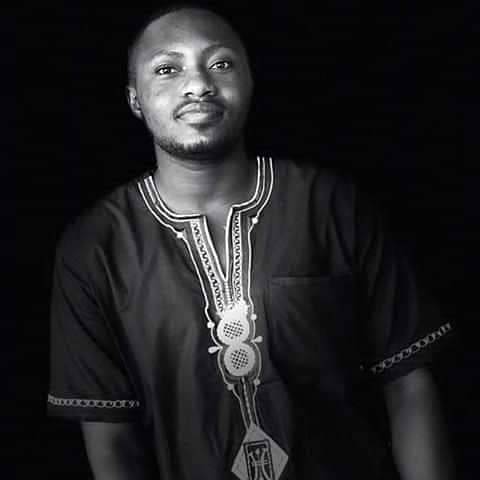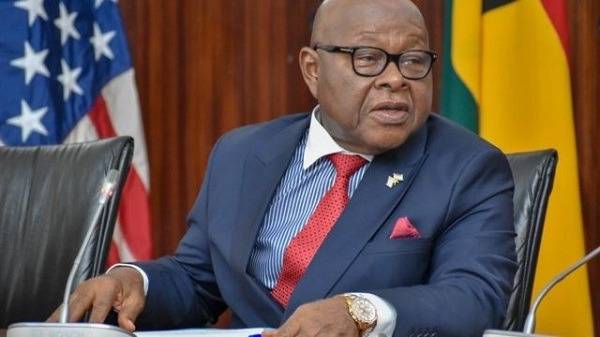Former Speaker Questions Decades-Long Reliance on International Monetary Fund for Economic Revival
Professor Aaron Mike Oquaye, former Speaker of Parliament, has publicly renewed his critique of Ghana’s deep and recurring reliance on the International Monetary Fund (IMF), arguing that the country's repeated engagements with the global lender have failed to deliver sustainable economic transformation. Speaking at a Policy Dialogue Series organized by the Institute of Economic Affairs (IEA), Prof. Oquaye asserted that the time has come for Ghana to pivot toward internally driven strategies anchored on effective utilization of its vast natural resources.
The veteran statesman and academic contended that successive IMF programmes-of which Ghana is currently undergoing its 17th-have not brought about the anticipated long-term economic recovery and fundamental restructuring that the nation requires.
Challenging the Efficacy of External Prescriptions
Prof. Oquaye’s stance is highly critical of the IMF’s impact over the decades, stating plainly that the programmes "have not done us any good."
He questioned the logic of continuous engagement with the Fund, arguing that if there were any true, lasting benefits, they would have been apparent by now. “IMF cannot save us. After two or three visits, if there was any succour in these programmes, we would have noticed by now and we would have been healed,” he asserted.
The former Speaker's core argument is that Ghana’s persistent dependence on IMF prescriptions has not fostered organic, self-sustaining growth. Instead, he believes the imposed conditions and restrictive policies weaken the government's fiscal flexibility and stifle local innovation required for true national development.
Advocating for a Resource-Driven Economic Rethink
In presenting an alternative path, Prof. Oquaye urged the nation's policymakers to fundamentally rethink their approach to economic management. He advocates for a solution rooted in a deliberate and effective strategy to leverage Ghana's abundance of natural resources, including its gold, oil, and diamonds.
The comments signal a growing academic and public sentiment questioning the long-term effectiveness of IMF interventions in African economies, which often prioritize short-term stabilization over structural transformation.
Currently, Ghana is working to implement a $3 billion Extended Credit Facility (ECF) with the IMF, a programme designed to restore macroeconomic stability and ensure debt sustainability. The government has expressed confidence that it remains on schedule to complete the programme by the targeted exit date of May 2026. However, Prof. Oquaye’s challenge reflects a critical belief that long-standing challenges cannot be overcome solely through external austerity measures but require homegrown economic empowerment.




No comments yet
Be the first to share your thoughts!